Your roof is the major protective element for your home. But what's protecting that roof? Like most major home improvement products, roofing generally comes with a warranty. But does that roof warranty REALLY protect you?
 Many people get a roof warranty that is longer because they like the added feel of protection. It is a major selling point for many roof manufacturers because they feel that putting a roof on the home is something that is important to offer a warranty for. However, not many people know what the warranty actually is able to get you.
Many people get a roof warranty that is longer because they like the added feel of protection. It is a major selling point for many roof manufacturers because they feel that putting a roof on the home is something that is important to offer a warranty for. However, not many people know what the warranty actually is able to get you.
Yes, having a warranty has some value, because occasionally there are unexpected problems. But you shouldn't choose your roof based mostly on a warranty. First, you should now what the roofing material you're considering performs for the weather instead of choosing the roof based on the warranty that it comes with. If it is a material that has a shorter expected life due to the climate here in the Twin Cities, then you may want something else, regardless of how long the warranty is good for.
There are a lot of roofing materials out there that are not going to last as long as the warranty period. The opposite can also be found where roofs outlast the warranty period. We find that is definitely true of the metal roofing we install.
What You Should Know About Roofing Warranties
Don't just take comfort in the word 'warranty.' It's very important to familiarize yourself with what exactly is covered. There are two types: the manufacturer's warranty that covers defects in the material itself, and the contractor's warranty, that covers problems with the installation. (We recommend that you never hire a roofing contractor who isn't willing to guarantee the work with a workmanship warranty.)
Manufacturers' warranties are usually written and given as selling tools, not so much as coverage points. It might pay for some of the costs if something happens to the roof, but often those warranties cover very little, other than what is referred to as material defects. Basically that means if there was something wrong with the roofing when it was produced. And those warranties don't always cover the cost of the contractor's labor to replace the defective material. This is a point you should check before you decide, because labor and other related installation costs can often exceed that of the material.
You always get what you pay for, no matter what the warranty says.
The warranty is also different from the insurance that you have on your home that would cover some damages from events such as hail storms. Homeowner's insurance for storm damage will cover both material and labor cost, but you need to check your insurance policy to see if it provides for replacement cost or simply prorated based on the age of your roof.
A lot of things can happen to the roof and the warranty won’t cover the damages, even if it is well before the time the roofing material should have been replaced. This is just one big issue of the warranties. They come with a lot of fine print that homeowners do not read. For example, if your roof suffers damage due to an ice dam, chances are the warranty won't pay for repair.
The bottom line? Choose the best roofing material for your home, not the best warranty. Yes, a strong warranty is an indication the company that manufactures the roofing has confidence in the products it makes. But it shouldn't be the primary reason you select that roofing.
If you want to make sure that the roof you choose is the best for the home, then consider speaking with our Twin Cities roofing installation professionals. We put a warranty on the work that we do, but we can help you pick out the roofing material based on the performance of the material in our area and not on the warranty offered by the manufacturer.
Subscribe to Quarve Contracting's Blog


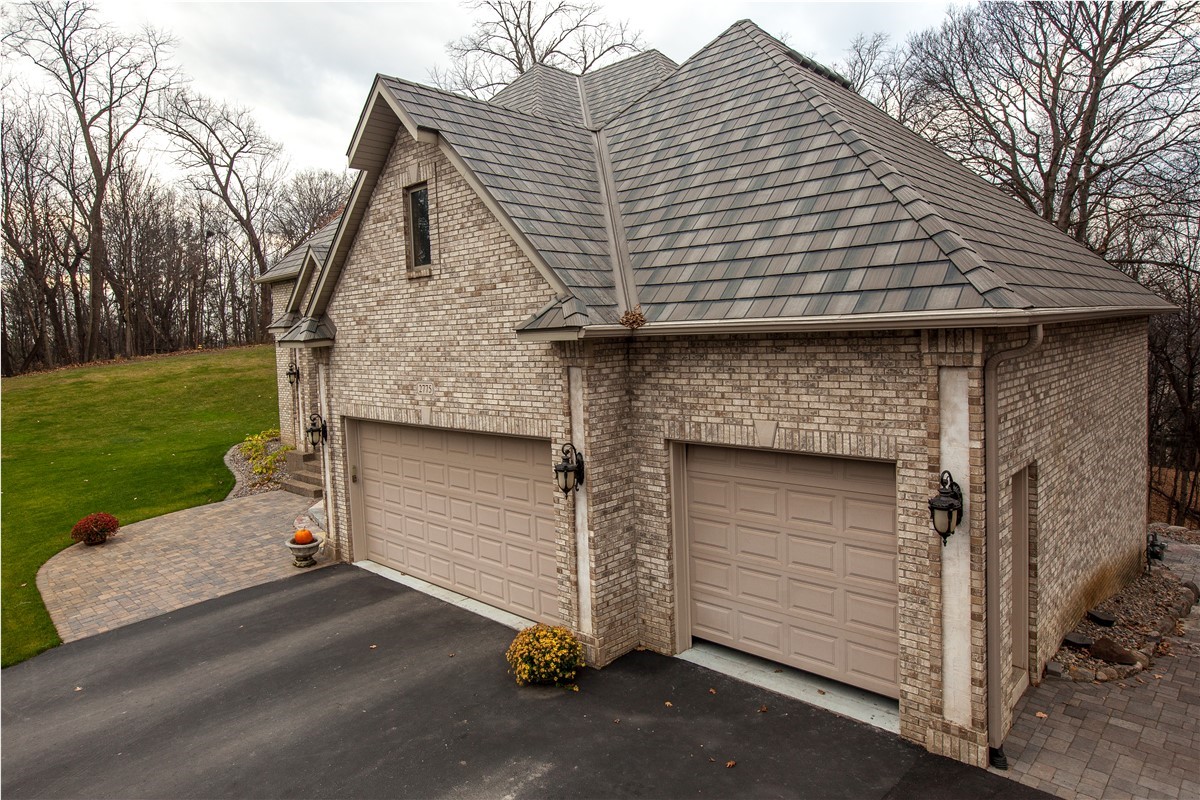
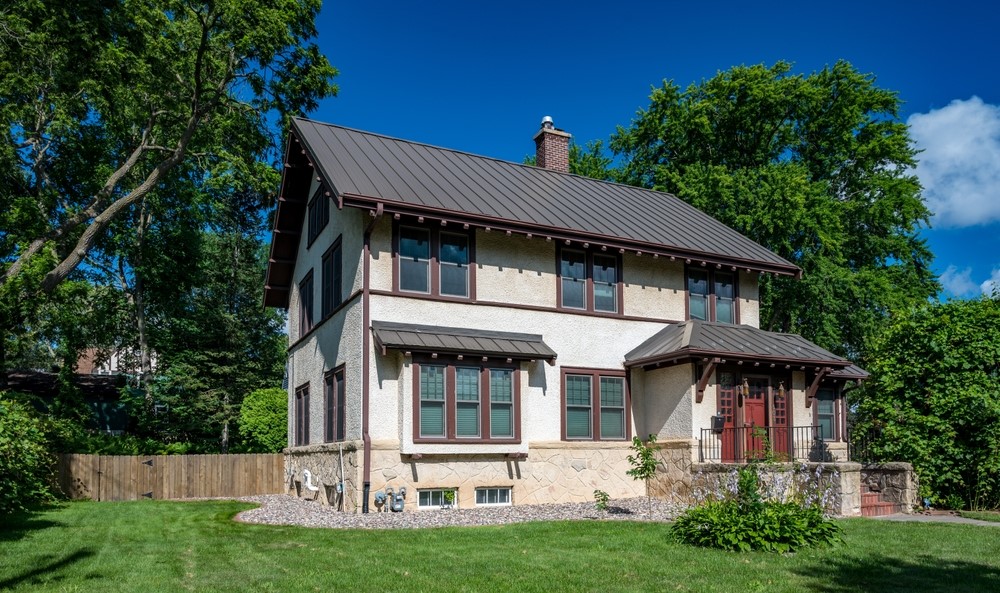
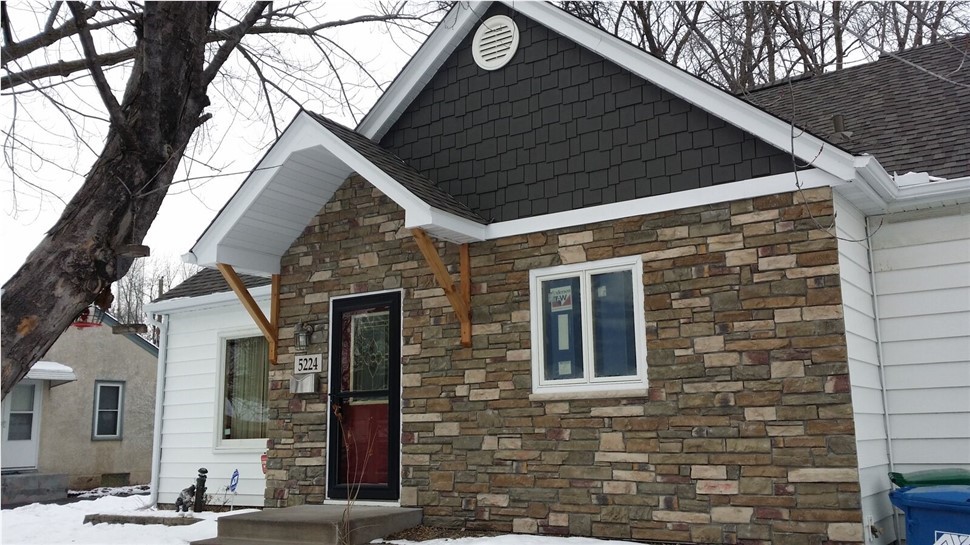
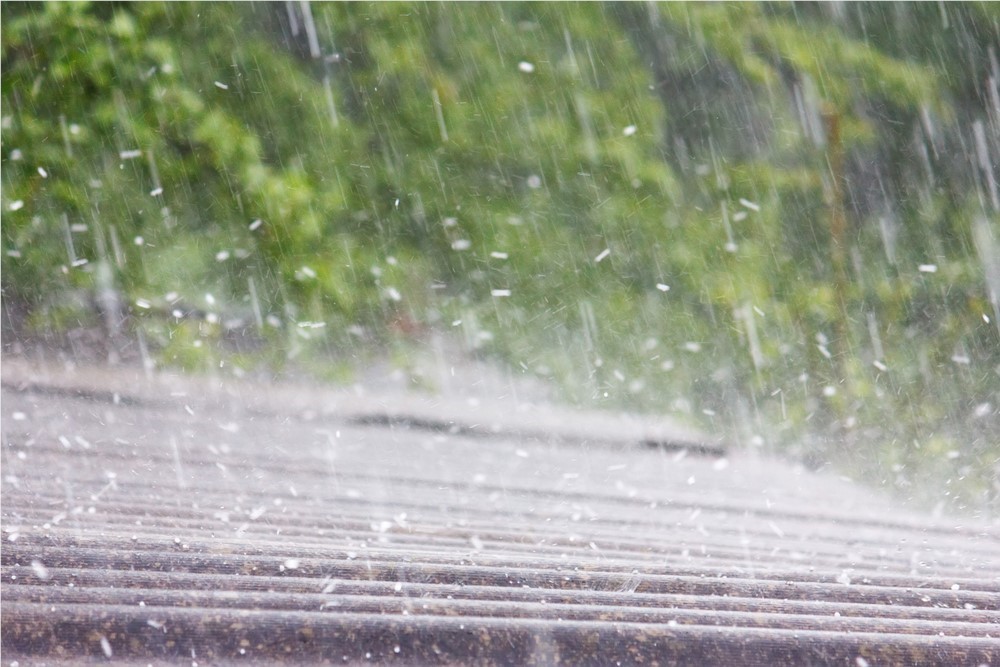
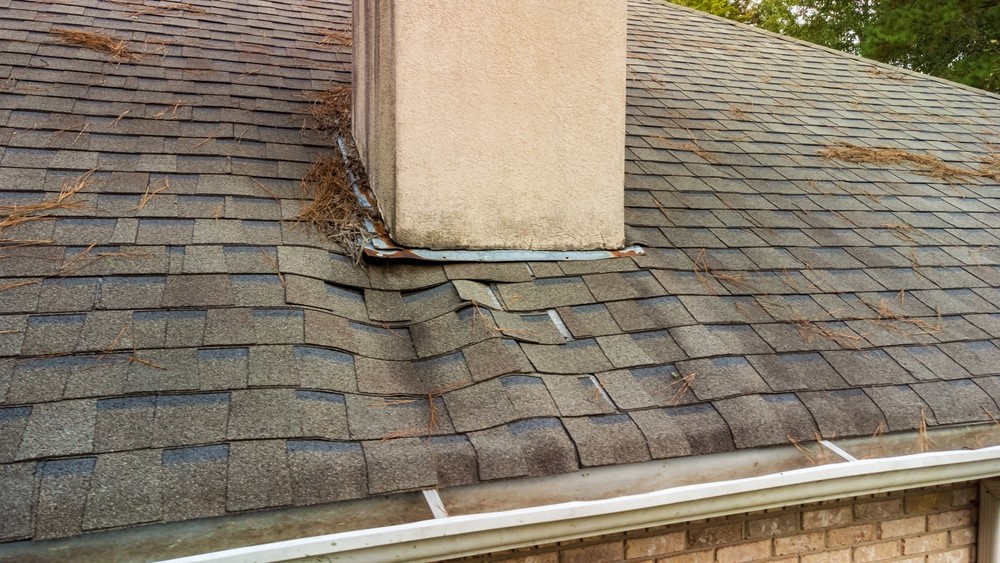
Comments